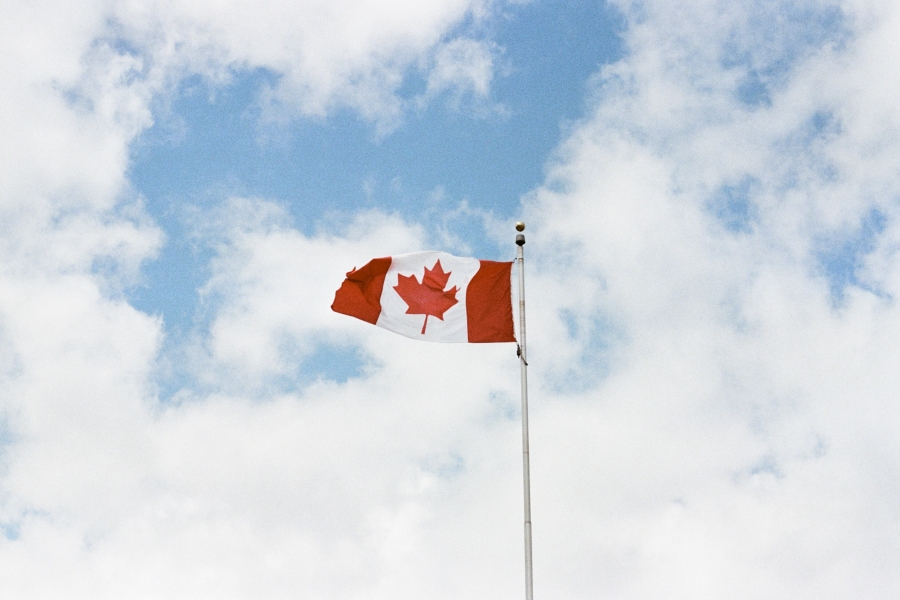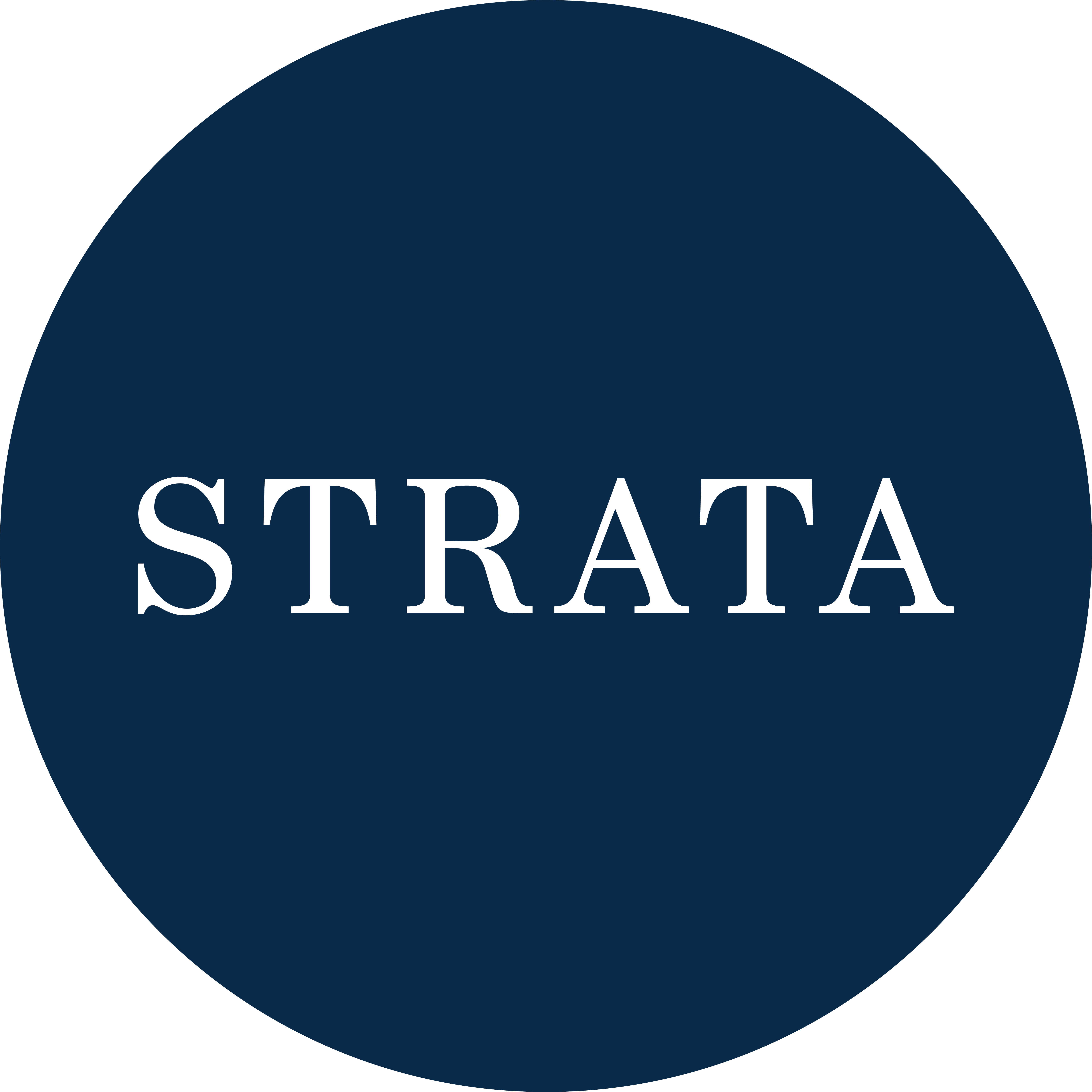Now that Canadian’s are beginning to put a very divisive election behind them, the wounds of which could take some time to heal, it’s becoming clear that this election will at the very least have an impact on the Canadian real estate market going forward; particularly on foreign investors and first time home buyers.
Foreign investors have been somewhat of a controversial topic in Canada’s real estate market; many have sought to blame them for the sky high prices and low supply that’s plagued market’s like Toronto. Others have pointed out that foreign investment plays a necessary role in the rental market, especially in low supply markets like Toronto and Vancouver. Foreign buyers already face many hurdles in order to own property in Canada, but investors with large pockets have no trouble jumping them.
As for first time home buyers — they’ve been feeling the pinch from high prices and tight mortgage regulations more than anyone else in Canada.
The Plan
Trudeau's liberals might have lost some seats and their majority in this past election, but they’ve more than enough power to implement their plans for the housing market. The Government will be implementing a first time home buyers’ program that would see the government pay a portion of new home buyers’ mortgages; 10 percent on the down payment for new homes and 5% on resale, with an arrangement to pay back the money after 25 years or if the home is sold.
There are some key things to note in the plan, including a $120,000 combined income threshold required for first time buyers. Bloomberg have also pointed out that the maximum purchase price would be $565,000, which could be too low for markets like Toronto.
As for foreign buyers, the plan will see an additional 1% tax placed on vacant properties that are owned by foreign buyers. That might sound like a small amount, but it’s not so minor when you consider that this tax will be annual and that many foreign investors own multiple properties in Canada’ hottest markets.
The impact of this tax isn’t as clear as one might have hoped; for starters, a substantial number of rental units in Toronto are foreign owned, so the obvious question is whether paying more tax will cause these investors to up the rent on their properties. Will it dissuade foreign investors from buying as many properties, thereby opening up more affordable option for Canadian buyers? Will it have no impact at all?
Potential Impact on the Condo Market
While these proposed changes are intended to add more affordability and supply to the market, the result is likely more modest that that, resulting in stable prices or perhaps only a slight increase in the foreseeable future.
The reality is that many foreign investors can easily absorb an increase of 1% in tax for units that aren’t currently occupied, and with rent control lifted for all new condo developments, they can pass on the increase in taxes to their future tenants. Markets like Toronto and Vancouver won’t be cooled by these measures, but they do address some long standing problems that have been hurting the Canadian real estate market.
The first time buyers’ program isn’t likely to decrease prices either — more competition for homes should benefit sellers who are selling houses and condos in the bottom price points in markets like Toronto or starter homes in less expensive cities. Of course, that’s not to say this isn’t good news for those of us in the industry and first time home buyers who’ve been struggling to secure financing.
Now’s the Time to Buy If You’re a First Time Buyer
After sitting on the sidelines and waiting for their chance to buy, some Canadians are now seeing opportunity. Interest rates are quite low, and the mortgage stress test was recently loosened, ever so slightly, with the first time home buyers program kicking in it’s a good time to be a first time buyer.
Certainly, those in Toronto still face obstacles and prices could be too high for many young buyers, but Canadians in Eastern Canada and the cooler markets would be wise to jump in before the water rises.
It’s a good start but more is needed to address the lack of affordability in Toronto and Vancouver, and in the case of Toronto, that will be impossible without tackling the lack of supply.









